I always keep cryptocurrencies and tokens in wallets unless I am actively trading them, and with my luck, I was recently trading some on Binance. And while I think it will be fine, this certainly reminded me why I love the concept of decentralized exchanges.
I started trading and getting into cryptos back in 2013, and even at the time I thought it was odd that everyone was trading on centralized exchanges and trusting them like banks, but that was the situation and still is for the most part. I signed up for Coinbase and Mt Gox right away. After checking out Mt Gox and all the talk about it, I decided it was not worth the risk, and eventually, I even starting warning people away as everything I was seeing pointed towards insolvency. Letting people deposit, but not letting them leave? No thanks.
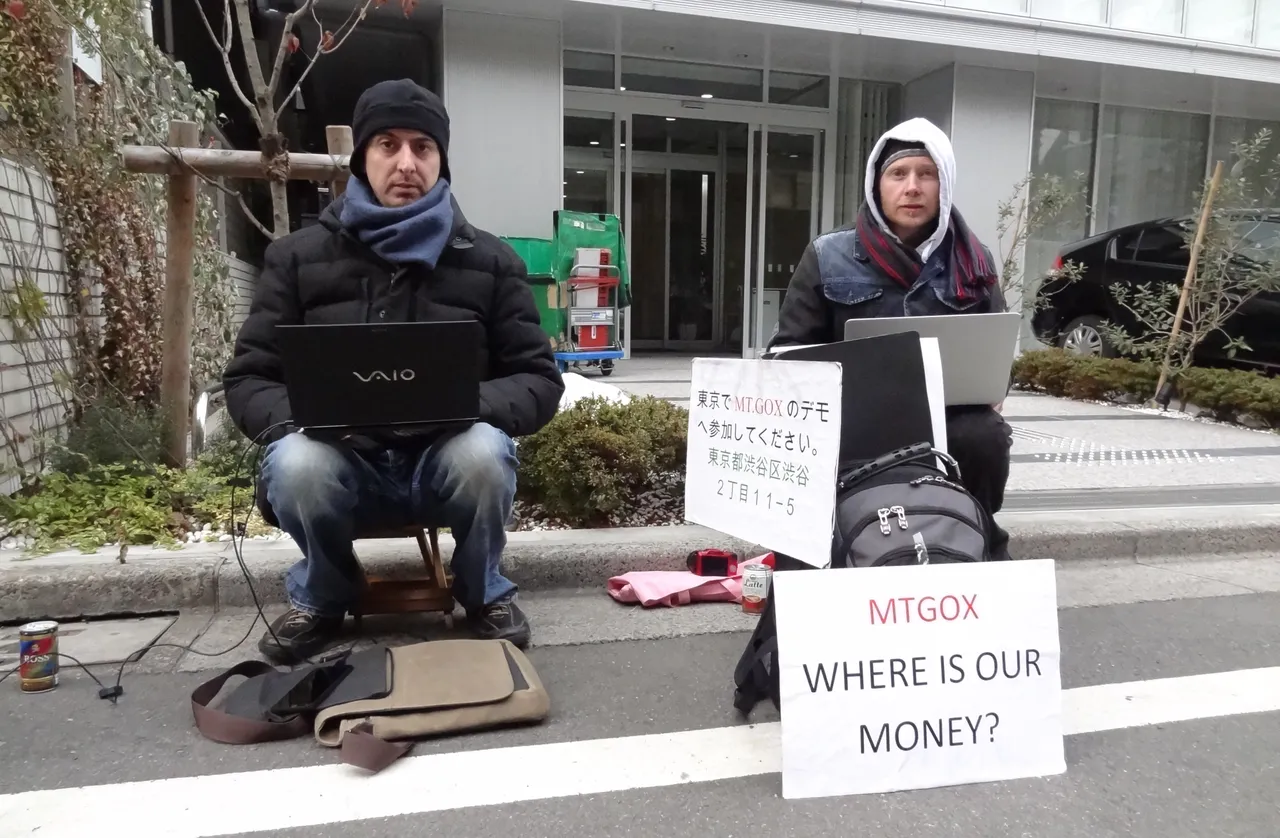
For the Altcoin exchanges at the time, for the most part, there were two popular exchanges used in the west. Cryptsy, which just sounded shady to me, and MCXnow, which had a more professional design, worked better, and even the branding sounded more business-like. So I chose the technically superior and more trustworthy option as I saw it at the time, the exchange by Real Solid. Sounded, solid?
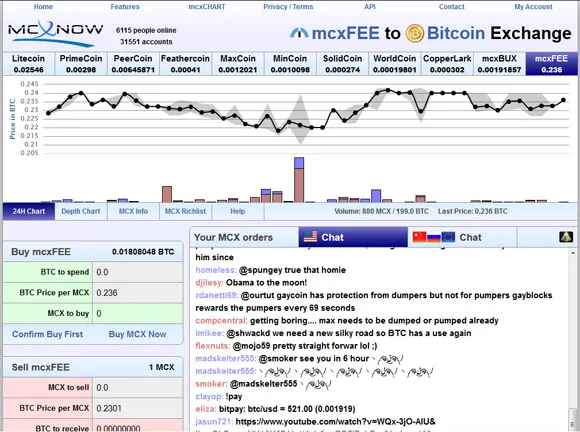
Trading Litecoin and others on MCXnow I did well, but of course, as a noob, I just left everything on the exchanges, every single satoshi. One day I went to log in and there was a weird animation saying the exchange was down and would return in the future, and on a funny note, they had something to trade called MXCFEE, which is very much like BNB coin and the other exchange coins popular now, they were investments in the future of the exchange. Anyway, luckily the exchange came back up for a time and I learned how to install and use real wallets and have been paranoid about losing everything on an exchange since. The exchange went away many years ago, and I heard all evidence of it was deleted and shredded, I have no idea if people had losses or not from it.
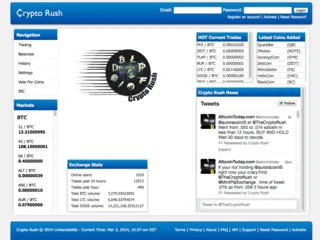
Cryptorush is another exchange I traded on, that one failed in a spectacular manner, someone even attempted suicide, there were death threats and fortunes were lost for good.
Mintpal is another one, it was the most popular Alt exchange by far, and people used to try and buy on Poloniex so they could sell higher on Mintpal later, but in the end, Mintpal went away and people lost their money.
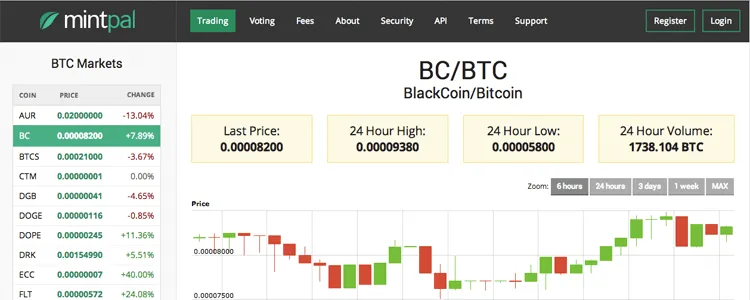
I also traded on Cryptsy, this time for years, and without knowing it, at times I was trading large amounts without knowing it was insolvent and only survived by new funds coming in, if we are to believe Big Vern of Cryptsy. That exchange I barely escaped in the end, needing to convert to Dogecoin and get the heck out of Doge, as there was no real BTC to withdraw, it was already stolen.
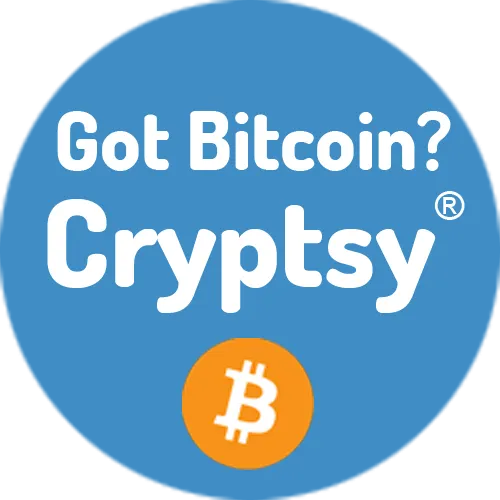
Countless other exchanges, especially small Bitcoin exchanges were hacked, had internal theft, we will never know, but the money was lost forever. The best of the best old exchanges survived, but many people lost everything on these exchanges, and I have to imagine some might have quit crypto and totally missed out.
So as you can see, my lesson from all this is simple, centralized exchanges fail, and historically most all of them have failed. It is trusting a 3rd party and trusting them not to be hacked, not to steal it, not to cheat, to only hire trustworthy people, they require a lot of trust. The edge they have is that it was much easier to run bots on, they were much faster, and that is just where the volume is and people go to the volume.
Now, in 2018, we also face uncertainty from regulations. I think it is highly likely all exchanges will require KYC in the future, I think it is extremely possible they might even try to outlaw all anonymous currencies, as they can just point to possible terrorism, drug deals, nations avoiding sanctions, people avoiding taxes, or even worse things every decent person opposes that I will not mention, but I am sure you can figure out what I mean.
Therefore, decentralized exchanges will slowly grow in popularity until they are just as big or bigger than centralized exchanges. They offer protection from censorship, allow you to control your own funds the entire time, and are free from the control of outside forces. In time, these will be almost impossible to lose funds on and be just as fast as the centralized exchanges. Those, of course, will remain and be popular, but it is clear to me they will need to evolve to be almost entirely KYC, Know Your Customer, and I suspect will only allow approved cryptocurrencies or projects in the long run. Whatever the governments and banks decide they are ok with, and that is not exactly the original point of Bitcoin or Crypto.
So, what options are there for them right now? Not a comprehensive list whatsoever, and feel free to add your own, but there is Etherdelta, which is great for trading ETH based tokens (smart contracts), but only works for ETH and the dev made it essentially closed source or copy protected. I have also used IDEX, and I don’t think this is totally decentralized yet and actually asks for a private key, but if you use a temporary wallet it works fine, but not really a DEX yet. I still see some serious trust issues, to put it mildly, and this one also only works with ETH based tokens.
Other new ones like CryptoBridge I find very interesting as they plan on trading all sorts of tokens and coins, not just ETH based, and we need major popular decentralized exchanges to grow and have the demand, not just trade the ICOs of one project as that is way too limited, even though Ethereum is amazing to me. (PIVX I believe also plans something akin to this in the future.)
Regardless, for now, I await the good news from Binance, and I think I will be even more careful using centralized exchanges, and to be honest, the first thing I am going to do is withdraw. I was not doing that, and it is easy to get careless and trust a 3rd party too much, and I know for sure that isn’t the long-term future for a decentralized economy, only truly decentralized options are, and the technology and ease of use for them will only keep getting better.